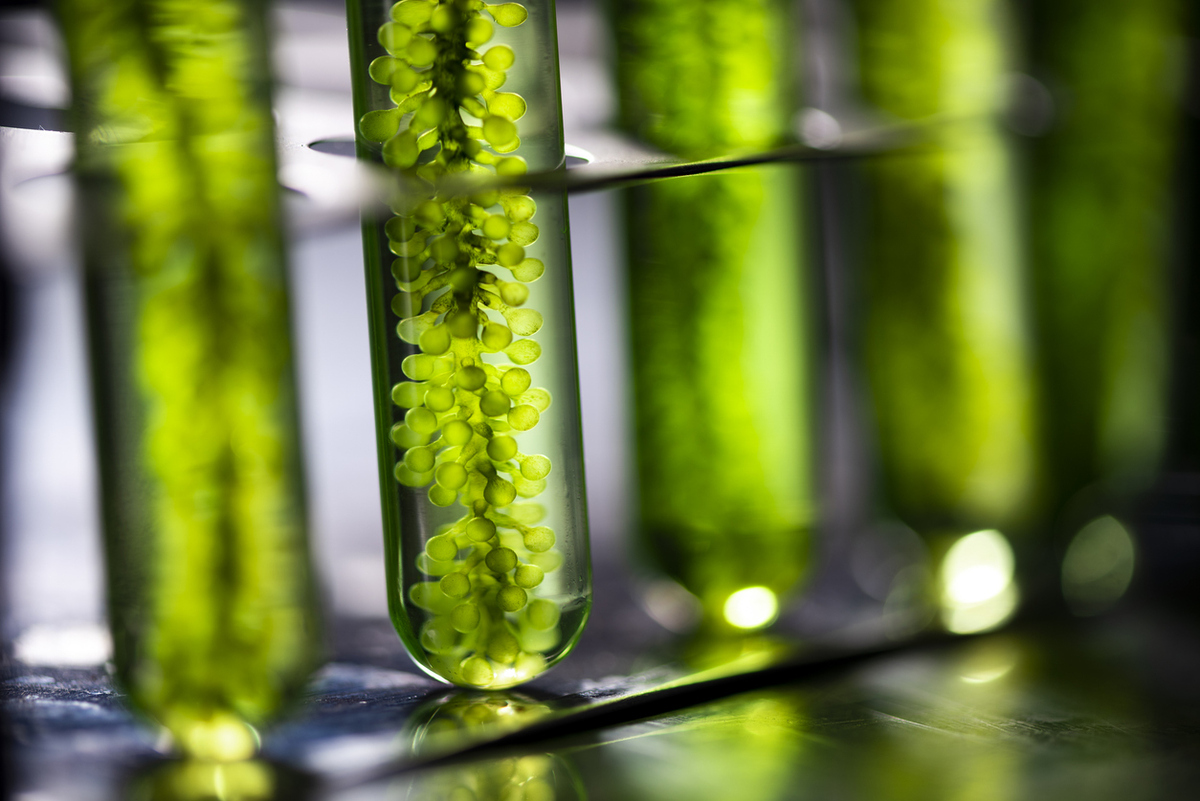
Experts Modify Microalgae for Enhanced Biomass and Biofuel Productivity
December 4, 2024| |
Experts from Michigan State University, the International Centre for Genetic Engineering and Biotechnology, and partners assessed the potential of a genetically modified (GM) Parachlorella kessleri-I with low carbon dioxide inducible proteins for enhanced biomass and biofuel productivity. Their study is published in the Journal of Environmental Chemical Engineering.
Biological sequestration using microalgae has emerged as a promising solution in the fight against rising carbon dioxide levels by efficiently capturing carbon dioxide and converting it into valuable biomass. The algal biomass produced can be used as a feedstock for bioenergy and a range of high-value products.
In the study, the researchers modified P. kessleri-I by overexpressing low carbon dioxide inducible proteins (LCIA and LCIB) from Chlamydomonas reinhardtii. This genetic modification significantly improved carbon acquisition, resulting in two times higher lipid yield, increased starch production, and 60% higher biomass productivity. The findings of the study offer a sustainable approach to carbon capture and resource generation.
For more information, read the study from the Journal of Environmental Chemical Engineering.
| |
You might also like:
- Pocket K No. 24: Biotechnology for Green Energy: Biofuels
- Scientists Determine Successful, Cost-Efficient Biofuel Production
- Scientists Use CRISPR to Modify Euglena for Biofuel Production
Biotech Updates is a weekly newsletter of ISAAA, a not-for-profit organization. It is distributed for free to over 22,000 subscribers worldwide to inform them about the key developments in biosciences, especially in biotechnology. Your support will help us in our mission to feed the world with knowledge. You can help by donating as little as $10.
-
See more articles:
-
Plant
- International Research Team Unravels Wheat's Genetic Past to Transform its Future
- New Study Investigates Impact of Marketing Expectations on Golden Rice Purchase Intentions in Bangladesh and the Philippines
- GM Crop Market Projected to Reach USD 36 Billion by 2031
- Leading Breakthroughs: Gene Drives for a Sustainable Agriculture and Biodiversity Conservation
- Scientists Reveal Hidden DNA in Plants Plays Crucial Role in Photosynthesis
-
Food
- Global Crop Yields Have Grown Steadily in the Last Six Decades
-
Environment
- Experts Modify Microalgae for Enhanced Biomass and Biofuel Productivity
-
Read the latest: - Biotech Updates (February 18, 2026)
- Gene Editing Supplement (January 28, 2026)
- Gene Drive Supplement (February 22, 2023)
-
Subscribe to BU: - Share
- Tweet

